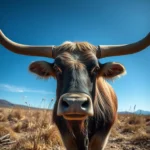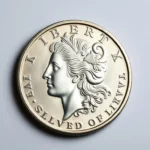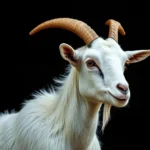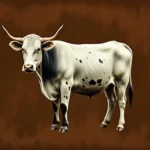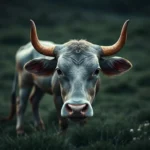The Symbolism of Nguni Cattle: A Deep Dive into Tradition and Meaning
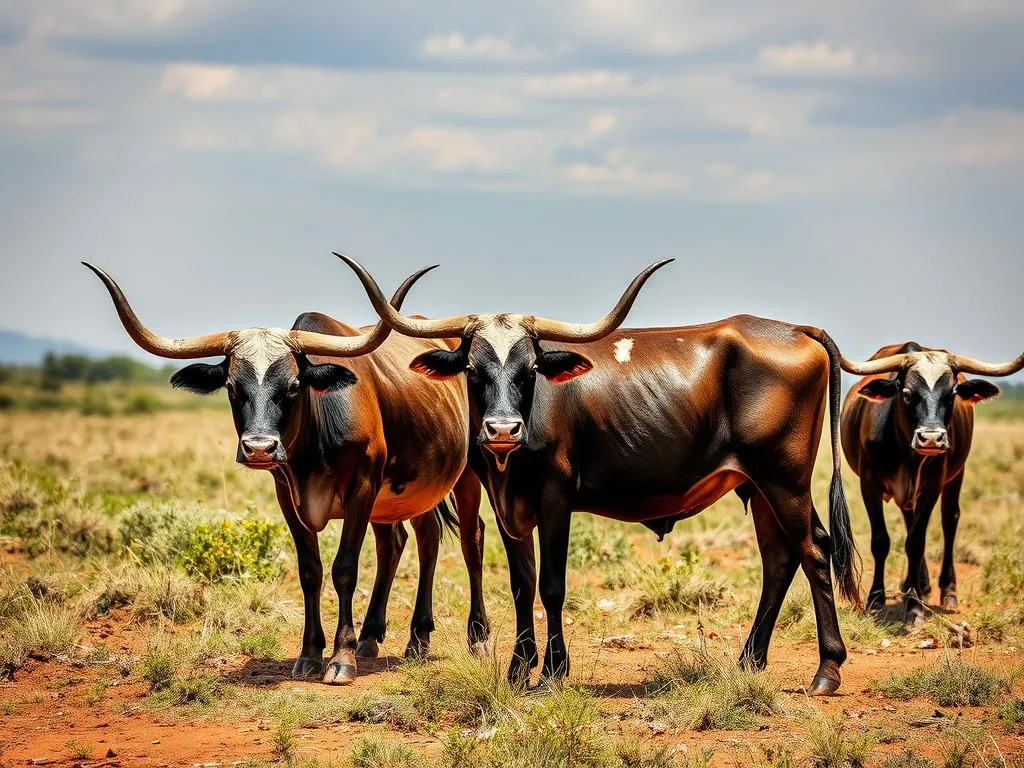
Disclaimer: Some images on this website are AI-generated artworks and may not accurately represent real animals.
Nguni cattle, often regarded as more than just livestock, hold deep symbolism and meaning within the cultures they are part of. These animals are a reflection of the rich heritage of the Nguni people, encompassing a historical journey that intertwines with their identity, spirituality, and economic life.
Understanding Nguni Cattle
Historical Significance
Nguni cattle have a storied history that dates back centuries. Originating from the Southern African region, these cattle were bred by the Nguni-speaking communities. They are believed to have descended from the ancient Bos taurus species, adapting to the local environment over generations.
The Nguni people, including the Zulu, Xhosa, Swazi, and Ndebele, have relied on these cattle for sustenance, labor, and social status. In traditional societies, ownership of Nguni cattle represented wealth and success, often being a prerequisite for marriage and social standing within the community.
Physical Characteristics
Nguni cattle are distinguished by their unique physical traits that contribute to their cultural significance. Below is a table that outlines some of their notable characteristics:
| Feature | Description |
|---|---|
| Size | Medium-sized animals with compact bodies |
| Color Variations | Common colors include black, white, brown, and mixed |
| Horns | Curved horns that vary in size and shape |
| Coat | Short, smooth, and adaptable to various climates |
These physical features not only contribute to their adaptability but also play a role in their symbolic representation in Nguni culture.
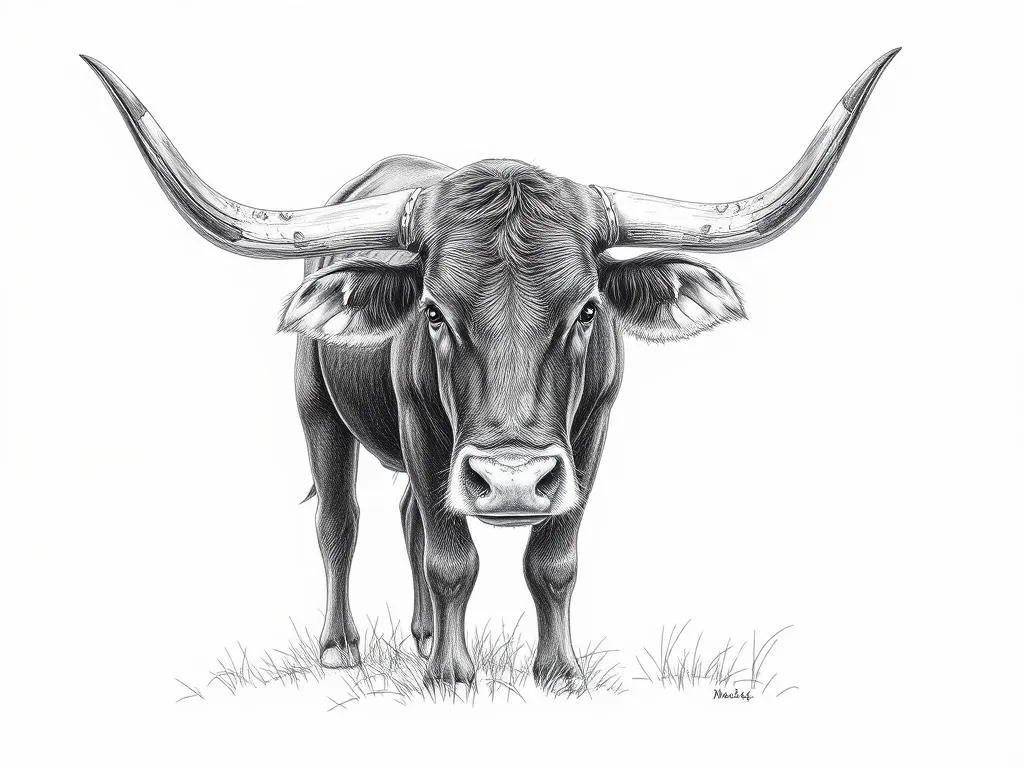
Symbolism & Spiritual Meaning
Cultural Importance
In Nguni culture, cattle are not merely livestock; they serve as status symbols. The number of cattle owned can signify a family’s wealth and influence in the community. During traditional ceremonies, such as weddings and funerals, Nguni cattle play a pivotal role, often being sacrificed to honor ancestors and appease spirits.
Their presence in rituals underscores their importance in the spiritual fabric of Nguni life. Cattle are often used to make offerings, and their blood is sometimes sprinkled on altars during ceremonies, highlighting their sacred status.
Attributes and Qualities
Nguni cattle embody several attributes and qualities that resonate deeply within the Nguni culture:
-
Strength and Resilience: These cattle are known for their robust nature, capable of thriving in harsh conditions. This resilience mirrors the spirit of the Nguni people, who have faced numerous challenges throughout history.
-
Fertility and Prosperity: Nguni cattle are seen as symbols of fertility. Their ability to reproduce contributes to the prosperity of families and communities, reinforcing the idea of continuity and abundance.
Nguni Cattle in African Mythology
The mythology surrounding Nguni cattle is rich with legends and stories that further enhance their symbolic significance. Various tales depict cattle as gifts from the ancestors or divine beings, often serving as a bridge between the earthly realm and the spirit world.
In folklore, Nguni cattle are frequently represented in art, music, and storytelling, showcasing their integral role in the Nguni identity. They symbolize not just physical wealth but also spiritual richness, embodying the connection between the living and the departed.
Nguni Cattle in Dreams
Interpretations of Dreaming About Cattle
Dreams featuring Nguni cattle often carry profound meanings. Below is a table summarizing common themes and their interpretations:
| Theme | Meaning |
|---|---|
| Abundance | Indication of prosperity and growth |
| Conflict with Cattle | Unresolved issues or personal struggles |
| Cattle Running Free | Freedom and personal liberation |
| Cattle in Distress | Worries about health or family matters |
Dreams involving cattle can symbolize various aspects of life, including personal growth and transformation. The presence of cattle in dreams can evoke feelings of security, stability, and connection to one’s roots.
Cultural Perspectives
Interpretations of dreams involving Nguni cattle can vary among different communities. In some cultures, dreaming of cattle may signify a blessing on the family, while in others, it could serve as a warning to be cautious in personal relationships.
The significance of cattle in dream symbolism is not only deeply personal but also influenced by community beliefs and experiences, enriching the tapestry of Nguni culture.
Modern Interpretations
Nguni Cattle in Contemporary Society
In today’s society, Nguni cattle continue to hold economic significance. They are prized for their meat, milk, and hides, contributing to local economies and sustainable farming practices. Nguni cattle farming has gained traction, promoting traditional methods alongside modern agricultural practices.
In urban areas, the perception of Nguni cattle may shift, as they become symbols of heritage and cultural pride, while in rural contexts, they maintain their status as vital economic assets.
Environmental and Ethical Considerations
With the growing emphasis on sustainable practices, Nguni cattle farming is increasingly recognized for its role in promoting biodiversity. Their adaptability allows them to thrive in diverse environments, supporting ecological balance.
Ethical considerations surrounding livestock farming have also come to the forefront. Nguni cattle are often raised using traditional methods that prioritize animal welfare and environmental sustainability, making them a valuable asset in the fight against climate change.
Key Takeaways
- Cultural Significance: Nguni cattle are deeply embedded in the cultural and spiritual practices of the Nguni people.
- Symbol of Wealth: Ownership of cattle represents social status and prosperity within communities.
- Dream Symbolism: Cattle appear in dreams as symbols of abundance, conflict, and personal growth.
- Economic Asset: Nguni cattle continue to provide economic benefits through meat, milk, and hides.
- Environmental Role: Sustainable farming practices surrounding Nguni cattle contribute to biodiversity and ecological health.
Conclusion
The symbolism and meaning of Nguni cattle extend beyond their physical presence; they encapsulate the spirit and heritage of the Nguni people. As vessels of cultural identity, these animals remind us of the importance of preserving the stories, rituals, and practices that enrich our understanding of humanity’s relationship with nature.
Exploring the profound significance of Nguni cattle invites appreciation for not only their role in history but also their relevance in contemporary society. As we delve into the layers of meaning associated with these animals, we honor the legacy they represent and the lessons they impart.

